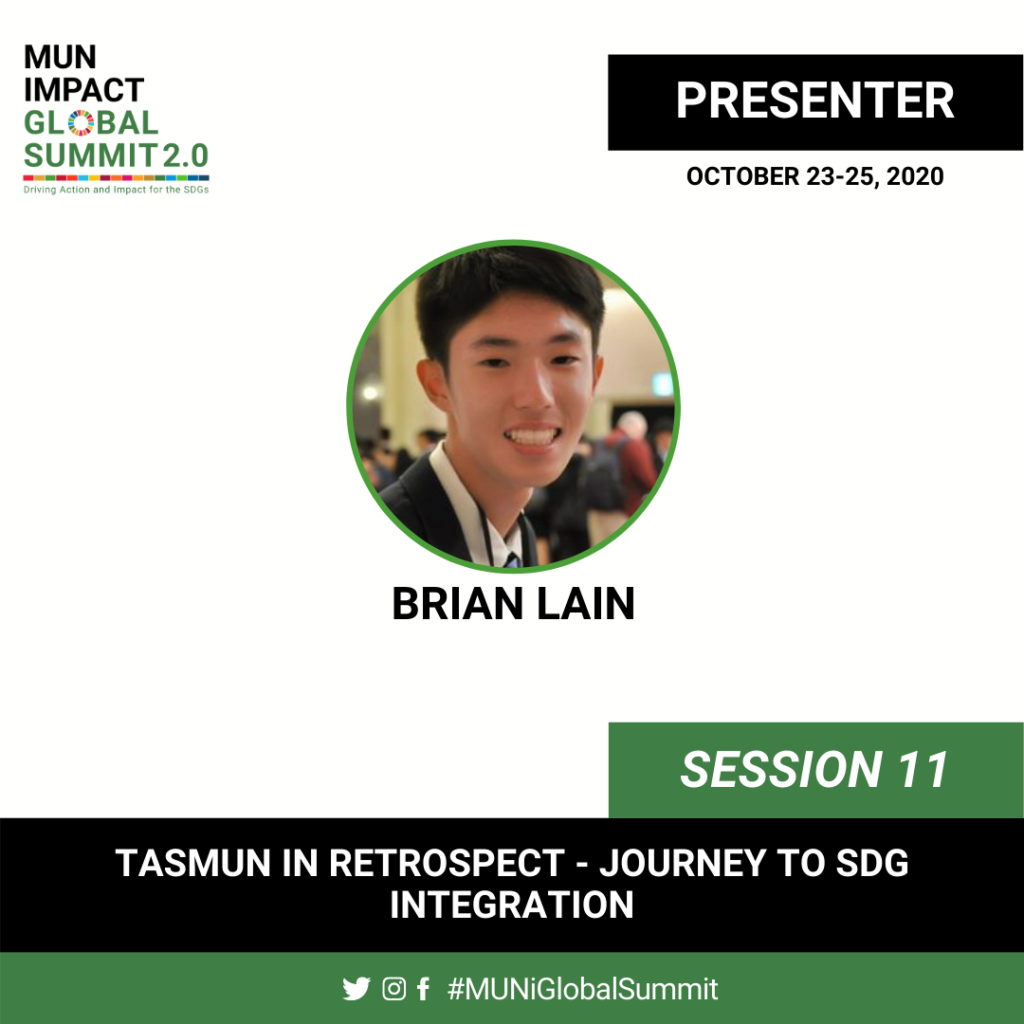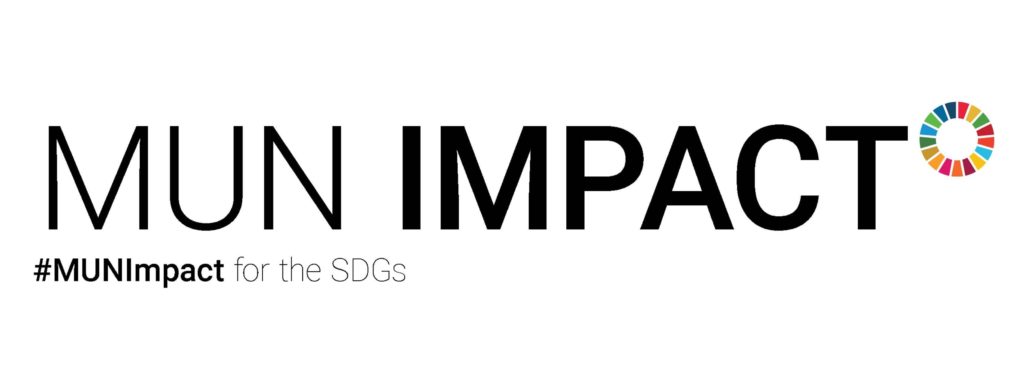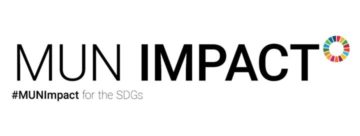
By Meenakshi Mariappan
–
As one of the Model UN conferences which enjoys a “highly recommended” status from the THIMUN Advisory Board, Taipei American School Model United Nations, or TASMUN, is truly a force to be reckoned with. And for good reason, as can be seen from their innovative methods to integrate the UN Sustainable Development Goals in all aspects of the conference. Little do they know that they are setting a global example and reigning in a new era of MUN activism.
In conversation with Brian Lain, who has served as a Secretary-General for TASMUN, participants were able to leave the session inspired by recent initiatives and ideas of the TASMUN Secretariat. For Brian, the values of MUN go beyond so much more than the common perceptions surrounding it: “it makes you more globally aware”, serves as a chance to “make friends,” and of course, “improve your public speaking skills.” Whilst these are in no way wrong, MUN is about capturing the real essence of the UN. And what better way to achieve this, than by looking to the SDGs. Brian revealed that after his visit to the UN General Assembly a few years ago, he began to really give thought to the importance of the SDGs in MUN conferences. He admitted that his vision was to “not just to train people, but to equip people with the tools and the skills they need to contribute to the SDGs.” And after TASMUN students headed to Qatar to participate in the creation of MUN Impact, there was no looking back. Since 2018, the SDGs have then fused with the spirit of TASMUN, resulting in a synergy which has powered student efforts for the goals forward.
The SDGs first made their appearance in TASMUN through the creation of specific goal-related committees, in place of the orthodox UN committees we are familiar with. As discussed in the session, these SDG-focused committees would serve to be an effective way to raise awareness in participating delegates. However, participants also pointed out potential drawbacks, with delegates facing the difficulty of coming up with ideas that would actually make an impact in the world or the focus on entire SDGs being too large in scope due to the existence of a wide range of targets. Moreover, Brian pointed out another TASMUN initiative put in place to promote engagement with the SDGs: Impact Hour. With its intentions to stimulate delegates’ interests in the SDGs and inspire them “to take another set forward,” this involved reserving the last hour of the conference to facilitate group discussions with regards to the MUN Impact worksheet.
Additionally, in 2019, TASMUN launched the first Global Goals Challenge to encourage students from several schools to share their projects regarding the SDGs. A video on one such remarkable project by TAS students was shared with attendees during the session. The International Genetically Engineered Machine (IGEM) competition group from the school used synthetic biology, working with proteins to identify heavy metal and pesticides in agricultural residues. In truth, this project engages with SDG 3 (Good health and well-being), 9 (Industry, innovation and infrastructure), and 12 (Sustainable consumption); the students used this project to inform and educate producers, distributors and consumers about the impact of agricultural residues. As Brian noted, this is one of many outstanding efforts which showed “how student projects in and out of class can really have an actual impact.”
The session was strongly focused on participant input with active discussion about TASMUN’s past experimental initiatives. Similarly, it can be said that this is what is needed to advance the SDG effort. Whilst these goals appear quite far from reach, they are ever-relevant. Brian’s words resonated throughout the session in that the UN cannot achieve the SDGs alone; “they need the help of civil society — of individuals.” And as global citizens, Brian believes that it is our responsibility to “amplify some voices” and do our best to fight for a better future. TASMUN has come a long way in its contribution to the SDG effort, and it continues to grow in the hands of passionate student leaders like Brian. In attending this session about TASMUN’s journey, participants were able to walk away with new-found inspiration, and more importantly, the revelation that Model UN is more than just debate. Rather, it involves a higher degree of activism and altruism.

